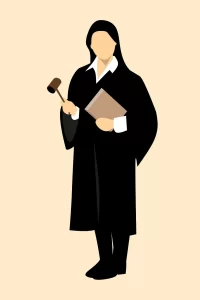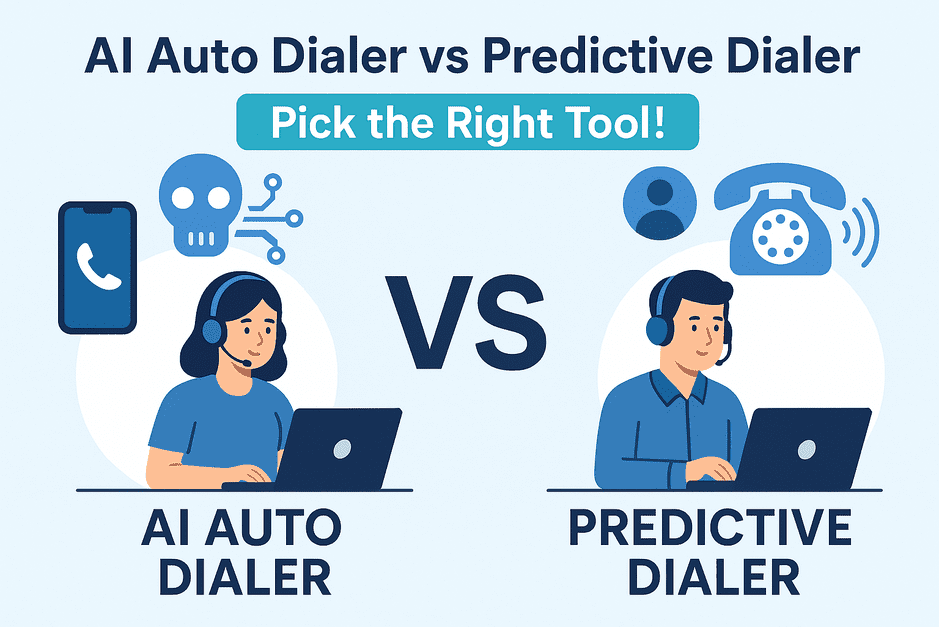A Lawyer’s Guide To Searching For An Expert Witness

Finding the right expert witness can be a pivotal factor in the success of a legal case. Whether you’re handling a complex civil litigation, a medical malpractice suit, or a high-stakes corporate dispute, the credibility and clarity of your expert can significantly influence the outcome. However, the process of identifying and securing the right expert is often more nuanced than it appears. This guide outlines key strategies lawyers can use to streamline their expert witness search and ensure they’re making the best possible choice for their clients.
Understand the Role of the Expert Witness
Before beginning the search, it’s essential to understand what makes an expert witness valuable. An expert witness is not just someone with advanced knowledge in a particular field—they must also be able to communicate that knowledge clearly and persuasively to a judge or jury. Their role is to provide objective, fact-based opinions that help clarify technical or specialized issues in a case. The ideal expert combines deep subject matter expertise with strong communication skills, a professional demeanor, and a track record of impartiality.
Define the Scope and Criteria Early
A common mistake lawyers make is beginning the search without a clear understanding of what they need. Before reaching out to potential experts, define the scope of the case and the specific questions the expert will need to address. This includes identifying the relevant field of expertise, the type of analysis required, and any jurisdictional or procedural considerations. Creating a checklist of qualifications—such as academic credentials, industry certifications, or prior litigation experience—can help narrow the field. It’s also wise to consider potential conflicts of interest or biases that could undermine the expert’s credibility.
Tap Into Professional Networks and Databases
Once the criteria are established, lawyers can begin the search using a variety of resources. Professional associations, academic institutions, and industry groups often maintain directories of qualified experts. Colleagues and peers can also be valuable sources of referrals, especially if they’ve worked with experts in similar cases.
In addition, there are expert witness search firms that specialize in connecting attorneys with vetted professionals across a wide range of disciplines. These firms often maintain extensive databases and can provide background checks, references, and even assistance with scheduling and logistics. Using such services can save time and ensure a higher level of quality control in the selection process.
Conduct Thorough Vetting and Interviews
Once a shortlist of candidates is assembled, the vetting process begins. This should include a review of the expert’s CV, publications, prior testimony, and any legal challenges to their qualifications or opinions. Lawyers should also verify the expert’s credentials and check for any disciplinary actions or professional misconduct.
Interviews are a critical step. During these conversations, assess not only the expert’s knowledge but also their ability to explain complex concepts in layman’s terms. Ask about their experience with depositions and courtroom testimony, and request examples of past cases they’ve worked on. A mock cross-examination can be a useful tool to evaluate how the expert handles pressure and adversarial questioning.
Prepare the Expert for Testimony
Even the most qualified expert needs preparation before taking the stand. Lawyers should work closely with their chosen expert to ensure they understand the legal context of the case, the specific issues they’ll address, and the expectations for their testimony. This includes reviewing all relevant documents, discussing potential lines of questioning, and conducting practice sessions. The goal is to help the expert feel confident and comfortable, while also ensuring their testimony aligns with the overall legal strategy. A well-prepared expert can be a powerful asset in persuading judges and juries.
Foster Collaboration and Maintain Ongoing Evaluation
Securing the right expert is only the beginning. To maximize their impact, lawyers should foster a collaborative relationship throughout the duration of the case. This means maintaining open lines of communication, providing timely updates, and ensuring the expert is fully integrated into the legal team’s strategy. Regular check-ins can help align expectations, clarify evolving case dynamics, and address any concerns before they become issues in court.
Additionally, it’s important to continuously evaluate the expert’s performance as the case progresses. Are they responsive and reliable? Do they adapt well to new information or shifts in legal strategy? Are they maintaining objectivity and professionalism in all interactions? These factors can influence not only the strength of their testimony but also how they are perceived by opposing counsel, judges, and juries.
In some cases, it may become necessary to reassess the fit of an expert if new developments arise. Having a contingency plan or a shortlist of alternative experts can be a prudent safeguard. Ultimately, treating the expert witness relationship as a dynamic, evolving partnership can enhance the overall effectiveness of their contribution and increase the likelihood of a favorable outcome.
Conclusion
Selecting the right expert witness is both an art and a science. It requires careful planning, diligent research, and strategic thinking. By understanding the role of the expert, defining clear criteria, leveraging professional resources, and conducting thorough vetting, lawyers can significantly improve their chances of finding the right fit. Ultimately, a well-chosen expert can provide clarity, credibility, and a competitive edge in even the most complex legal battles.











